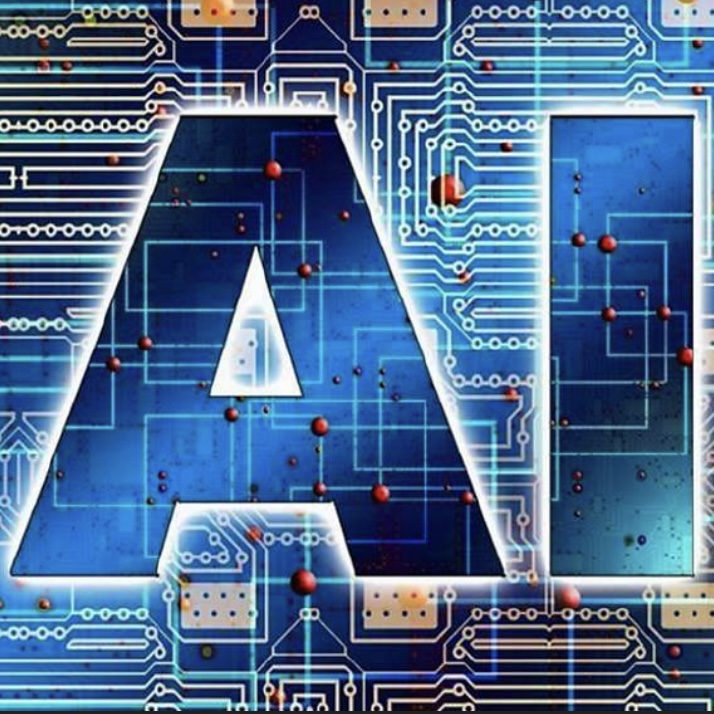NVIDIA’s upward trend may be nearing its end
2024 年 5 月 31 日 | English Blog
This morning, a former student posted the following news in a Discord group:
“Intel, Google, Microsoft, Meta, and other tech giants announced on Thursday the formation of a new industry organization – the ‘Ultra Accelerator Link (UALink) Promotion Group’, aimed at setting industry standards for the development of interconnect components between AI accelerator chips in data centers, challenging NVIDIA’s dominant position in AI accelerators.”
Consensus in industry development is crucial, indicating that major tech leaders have abandoned intense competition in GPU acceleration. After all, the biggest beneficiary of this competition is NVIDIA. Undeniably, NVIDIA’s AI accelerators are leading the industry, forcing other tech giants to purchase GPUs from NVIDIA in order to improve the efficiency of their AI services.
However, this endless competition is unsustainable. Today, NVIDIA releases a new GPU that you, as a tech leader, purchase; next time NVIDIA releases another, another leader buys it. Everyone competes back and forth, but ultimately, NVIDIA emerges as the big winner, leading the others by the nose.
The situation is similar to companies in the same sector using Apple products on their production lines to provide services to customers. Each company, in order to make its service superior, buys Apple products every time they are upgraded. Eventually, these companies realized this competition wasn’t sustainable. They sat down and discussed it, agreeing to set standards for production tools and even share them, while competing in other areas.
Moreover, as mentioned in my other article (linked below), these GPU capabilities are evolving continuously and could pose a threat to humanity. So, if a tech giant invests in the most advanced AI accelerators and related infrastructure, once European and American governments start restricting AI development, the losses would be enormous. No company wants to suffer losses like Meta did with its previous investment in the “metaverse.”
Therefore, it’s best for major tech giants to agree to a “speed limit” or to collectively advance or retreat in the development of GPU AI accelerators. This avoids competition in this area and, if European and American governments intervene in AI development, the organization as a whole will have more bargaining power.
Almost all major tech giants offering artificial intelligence are participating in this industry standard initiative, except for NVIDIA. We know what this means; NVIDIA’s monopoly will be significantly weakened, hastening the end of its upward trend.
As it’s said, the value of a publicly traded company lies in its monopoly power.
Conversely, this industry organization includes AMD, and as fortunes change, this may strengthen AMD this time.
Intel is also included, but let it continue to “squeeze toothpaste” for now!
Note: NVIDIA has a specialized platform for accelerating GPU computing, called CUDA, along with its unique programming model, which enables GPU users to fully leverage their chip’s computing power in AI and other applications. From this perspective, its system is closed, hence referred to as NVIDIA’s “true moat”.